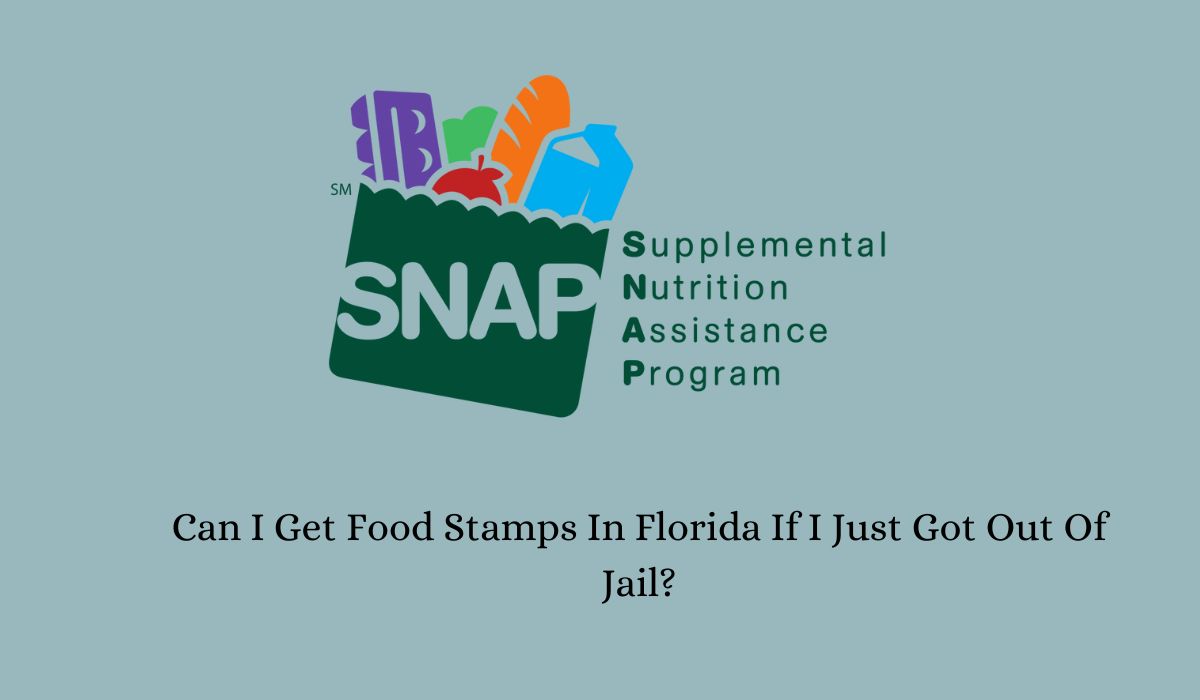Reintegrating into society after incarceration can be a challenging process, especially when it comes to meeting basic needs like food security. In Florida, one of the key resources available to assist individuals in this transition is the Supplemental Nutrition Assistance Program (SNAP), commonly known as food stamps.
However, eligibility for SNAP benefits can be impacted by a variety of factors, including recent release from incarceration. In this article, I will address the question “Can I get food stamps in Florida if I just got out of jail?” and provide information on the eligibility requirements and application process.
SNAP Eligibility
SNAP is designed to provide nutritional assistance to low-income individuals and families. Eligibility for SNAP in Florida, as in other states, is primarily based on income, assets, and household size. However, for those just released from incarceration, there are additional considerations:
- General Eligibility Criteria: To qualify for SNAP, applicants must meet certain income and asset thresholds. The program considers both gross and net income to determine eligibility.
- Employment Requirements: SNAP beneficiaries are often required to register for work, accept suitable employment, and take part in an employment and training program, if assigned by the Department of Children and Families (DCF). However, individuals who have just been released from jail may be exempt from these requirements, as they may face challenges in finding employment immediately after release.
- Time Limits: In Florida, SNAP benefits are usually limited to 3 months within 36 months for able-bodied adults without dependents (ABAWD). However, this time limit may not apply to individuals who have just been released from incarceration.
- Drug Conviction Limitations: Individuals convicted of certain drug-related felonies may be ineligible for SNAP benefits unless they meet specific criteria, such as completion of a substance abuse treatment program or being in compliance with probation or parole requirements.
Post-Incarceration Specifics
- Felony Convictions: Individuals convicted of certain felonies, such as drug trafficking or fraud against a public assistance program, may face restrictions or permanent disqualification from SNAP.
- Drug-Related Offenses: Florida has specific rules regarding individuals convicted of drug-related offenses. Eligibility may depend on the nature of the offense, completion of a treatment program, and compliance with probation and parole requirements.
- Reapplication Process: Individuals released from jail or prison must reapply for SNAP benefits. Being previously eligible or enrolled does not guarantee automatic reinstatement of benefits upon release.
Steps to Apply for SNAP in Florida
- Application Submission: Applications for SNAP can be submitted online through the ACCESS Florida system, in person at a local DCF office, or by mail.
- Documentation: Applicants need to provide proof of identity, income, assets, and expenses. For recently incarcerated individuals, documentation regarding their release and any parole or probation terms may also be required.
- Interview: After submitting the application, an interview with a DCF representative is typically required to verify the information and discuss the applicant’s situation.
Support and Resources
Florida offers various support services for individuals transitioning from incarceration:
- Reentry Programs: These programs assist with job training, housing, and other services to help individuals reintegrate into society.
- Legal Aid: Legal aid organizations can provide advice and assistance regarding eligibility for public assistance programs, including SNAP.
- Community Organizations: Non-profits and community groups often offer food assistance and other support for those in need. Local resources can be found through the Food Assistance Program Locator on the DCF website.
Conclusion
While eligibility for SNAP benefits after incarceration may be impacted by certain factors, it is worth exploring the options available to assist with food security during a challenging time.
By understanding the eligibility requirements and completing the application process, individuals can access this valuable resource in Florida.
